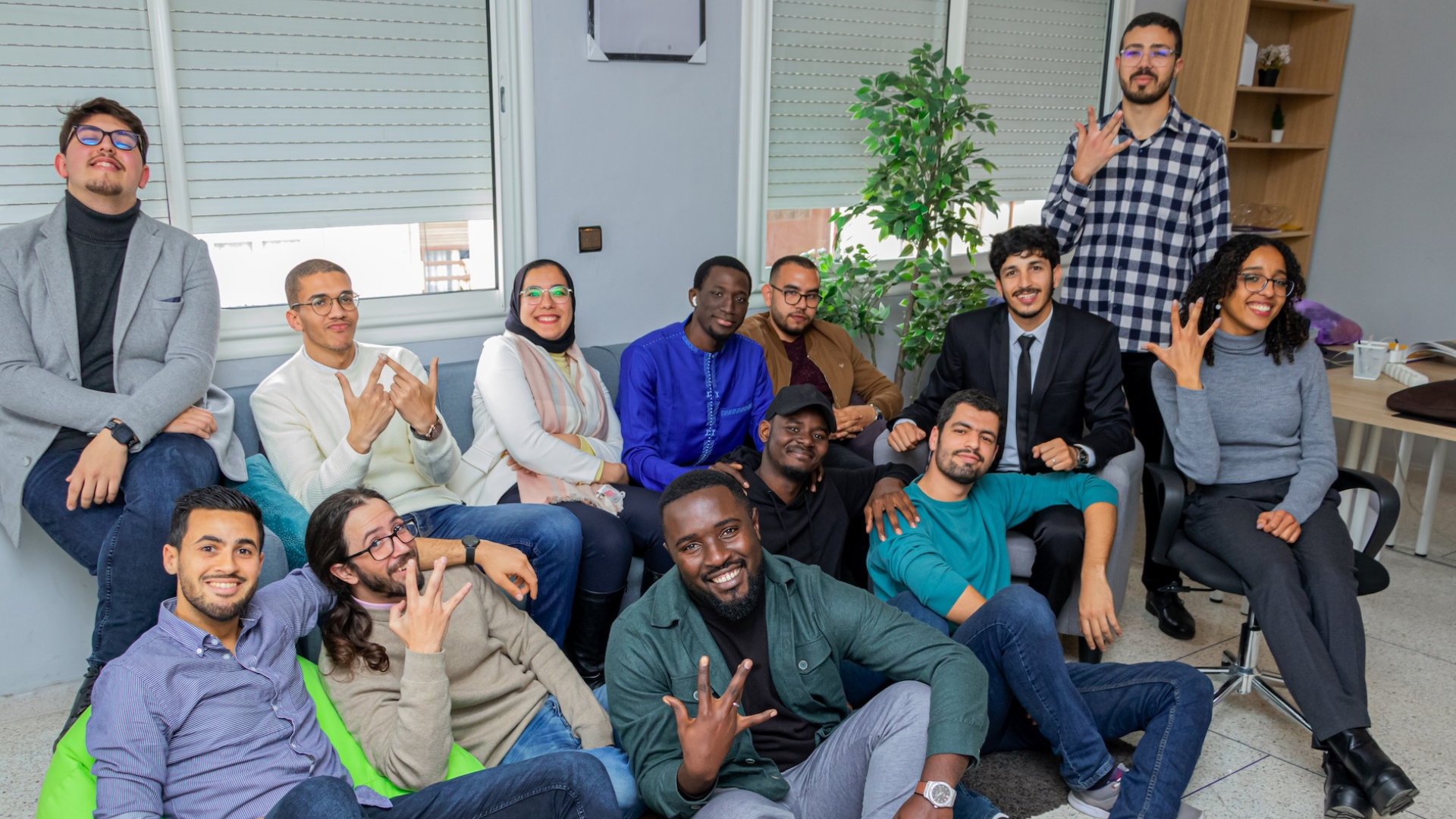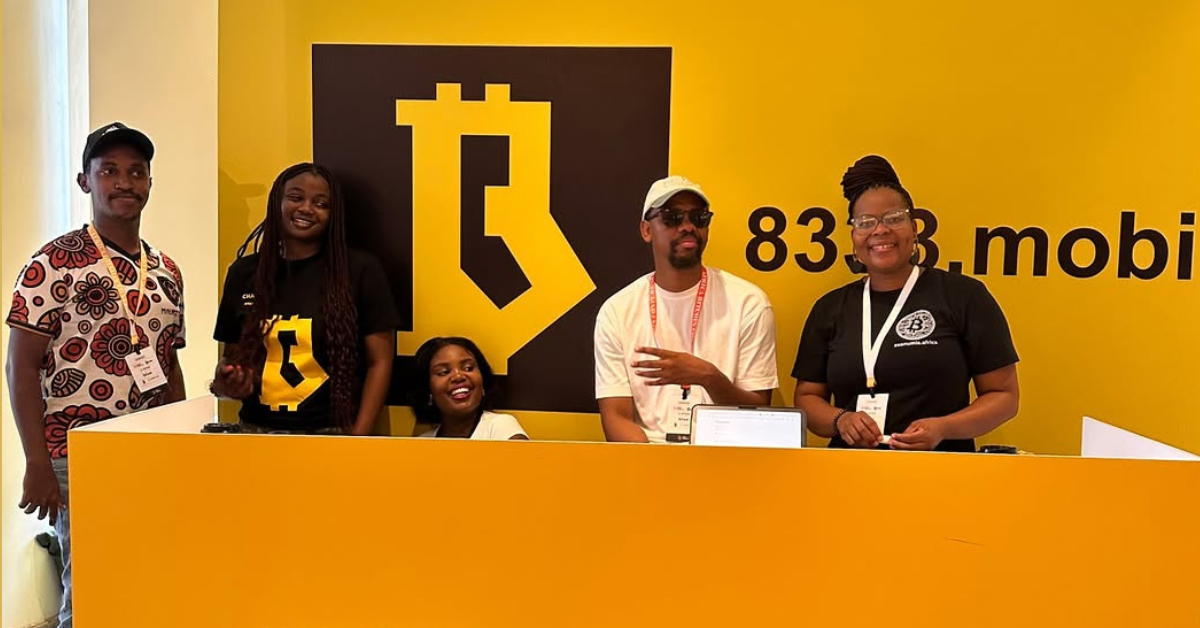Off-grid solar startups in Africa have raised an incredible amount of money in the past few years. Within the last ten years, they have raised no less than $874 million across 24 startups alone. About a quarter of these have been raised in 2018. These startups have to justify the investments they’ve received by quickly growing the number of systems they sell. To grow sales, startups have had to offer consumer financing. Herein lies the problem.
Providing consumer financing has placed a cash flow burden on these startups. It significantly increases their operational costs and affects liquidity. Off-grid startups do not rely on customer deposits like banks do to provide financing to their customers. Instead, they depend on money from investors and lenders. Some also rely on cash reserves generated from margins on the sale of their products. However, given the high growth targets that these startups have, consumer financing can adversely impact their balance sheets. Investors and startups are now introducing innovative ways to address these problems. One of these approaches is securitization.
Off-Grid Asset Securitization
In 2015, Persistent Energy led Oikocredit, a social impact investor and off-grid startup, BBOXX to finance the world’s first securitization of off-grid solar assets. Securitization is the financial practice where a company pools its contractual receivables and sells the associated future cash flows to investors as securities. To execute the securitization, BBOXX set up a new company, BBOXX DEARS. The new company serves as a special purpose vehicle (SPV) which bundles the contracts of BBOXX customers who have bought solar home systems through its installment payment option. BBOXX DEARs then issued notes based on future receivables on its customers’ contracts and sold them to Oikocredit. Persistent Energy provided financial advisory for the deal.
SolarNow, another off-grid solar startup, raised $6 million receivables financing facility in 2017. The funding was to enable it to reach 70% of Uganda’s off-grid population with solar home systems. Oikocredit, Sunfunder and ResponsAbility Investments each provided equal amounts in the funding round. This represents Oikocredit’s second securitization deal.
Securitization allows off-grid startups to use the money they are owed to fund expansion. BBOXX DEARS sold the first issuance of its securities to Oikocredit for $508,000 (52 million Kenyan shillings). The sale of its securities provided BBOXX funds to supply about 1,200 new solar home systems to households with limited or no access to grid electricity. This was expected to reach an estimated 7,000 people.
Selling solar systems to more consumers very quickly helps demonstrate scale to investors. However, one of the issues with securitization is that transaction costs are high. Some of the costs include the cost of creating a special purpose vehicle, adjusting accounting systems, among others. Also, the process of isolating assets from an off-grid startup can be very complex. For example, separating debt-based customer payments from others and directing them to the SPV is one challenge that complicates the process.
Other Examples
Zola Electric (previously Off-grid Electric) closed a $45 million fund in 2015, which is the first off-balance sheet, non-recourse special purpose vehicle for distributed solar in Africa. The SPV was funded by Ceniarth, Packard Foundation, and USAID. It allows Zola Electric monetize its PAYG customer lease revenue so it can scale growth in a low-cost manner without giving up any equity. According to the United Nations, such special purpose vehicles provide the bridge for operators to transition from expensive equity funding of inventory and receivables to debt funding in a manner that allows companies to scale operations.
In likewise manner, Azuri Technologies also launched a $20 million off-balance-sheet debt financing program to provide working capital for its expansion in East Africa. As of January 2018, it had already closed its first phase of $4 million. It was funded by the European Union’s ElectriFI program and TRINE, an impact investment platform.
Data from the IFC shows that organizations who reduce the share of their operational expenses over revenue from 25% to 15% slash the loans or financing they require in the first place. Such startups can be sustained by their own cash in the long run, regardless of a growth decline. Therefore, to reduce operational costs, off-grid startups now use more efficient operational models. Startups are now choosing to focus on specific aspects of the value chain to avoid incurring high costs. For example, some companies have decided not to manufacture solar products but instead focus on distribution and consumer financing. This allows them to get solar products at competitive rates and helps them benefit from any reduction in prices.
Managing Risks
Payment defaults can be challenging for startups and investors alike. The survival of a PAYG solar startup partly depends on its ability to successfully collect payments from its customers. Otherwise, securitization or any other financing model cannot help. Start-ups often use credit scoring and risk analysis to identify what customer is likely to default. “We see ourselves as an energy service company, but we understand the importance of having a strong credit department. That’s why we’re increasing our investments into credit scoring and understanding customer finances — for example, how crop cycles affect cash flows and how our offerings should take those cash flows into account,” said Paul Warnars, Consumer and Market Intelligence Manager, Zola Electric.
Investors look out for companies who have data on customers credit profiles. “We are looking for companies that have a focus on improving payment behaviors,” says David ten Kroode, Renewable Energy Manager at Oikocredit. “We spend a lot of time analyzing how clients behave, if they are late on their payment and if they are coming back. We look at how many write-offs exist, what happens with systems that are being reclaimed from customers that stop paying? Is there a mechanism of redeploying those systems? We focus on the quality of those receivables.”
Another side to this, according to Ten Kroode, is ensuring that companies have good consumer protection policies. Some off-grid solar companies are beginning to offer larger systems like TV, fridges etc. Consumers move from their basic lighting systems to sign up for these larger systems. Without good consumer protection policies, they will default on payments because they did not fully understand what they were getting into. “We specifically look for companies that apply good client protection principles,” says Kroode. “You don’t want to sell systems that customers do not need or cannot pay for because they don’t understand what it entails.”
Solar home systems present an opportunity to connect the 600 million people in Africa without power with basic electricity. To do this, start-ups are now looking to innovative financing approaches like securitization to help them reach those who will normally be unable to afford these systems. As more start-ups adopt these approaches and refine their operational and business models they will able to reach more households in a shorter time.




















